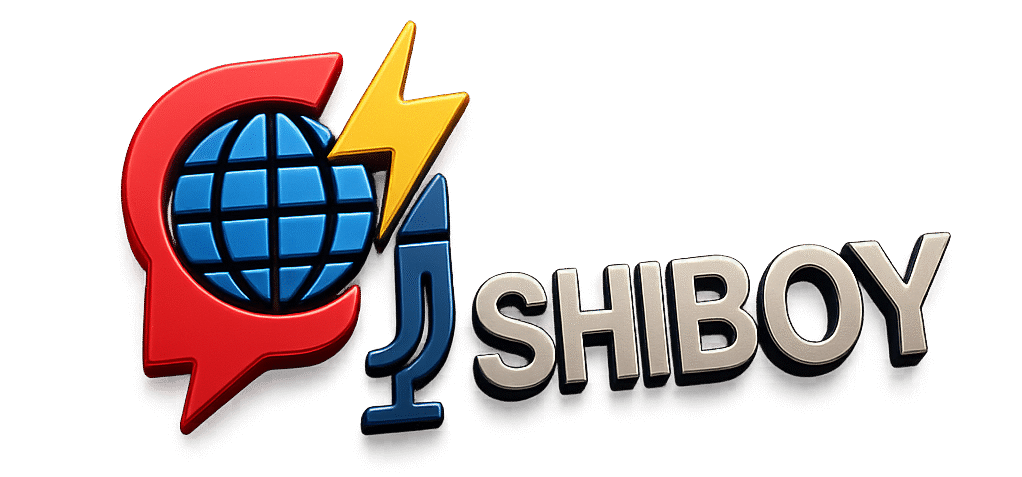Brain fog, characterized by mental fatigue and difficulty concentrating, has become a prevalent concern. Magnesium, a vital nutrient, plays a crucial role in energy production, neurotransmitter balance, and sleep quality, making it essential for cognitive function. Adequate magnesium intake, through diet or supplementation, alongside lifestyle adjustments, can significantly improve mental clarity and cognitive energy.
In today’s fast-paced world, brain fog has become an increasingly common complaint. Whether you’re struggling with forgetfulness, poor concentration, or mental fatigue, the culprit may not always be stress, sleep deprivation, or information overload. A surprising but critical factor could be magnesium deficiency.
While magnesium is widely recognized for its role in muscle health, bone strength, and heart rhythm, many overlook its powerful impact on brain function. Emerging research and expert consensus now point to magnesium as a key nutrient for mental clarity, focus, memory, and even emotional balance.
🧠 What Is Brain Fog?
Brain fog isn’t a medical condition in itself—it’s a symptom of underlying issues. People experiencing brain fog often describe:
Inability to concentrate
Poor memory recall
Mental fatigue or confusion
Difficulty processing thoughts
Low motivation or lack of mental sharpness
Though these symptoms can arise from stress, lack of sleep, hormonal changes, or poor diet, nutrient imbalances—especially magnesium—are increasingly being identified as a root cause.
🧪 The Brain-Magnesium Connection
Magnesium plays a direct role in over 300 enzymatic reactions in the body, and many of these are tied to nervous system regulation and neurotransmitter activity.
Here’s how magnesium supports brain function:
1. Regulates Neurotransmitters
Magnesium helps control the release and balance of brain chemicals like glutamate and GABA. Glutamate is an excitatory neurotransmitter that keeps the brain alert, while GABA calms the brain. A magnesium deficiency can lead to overstimulation, contributing to anxiety, restlessness, and poor concentration.
2. Improves Sleep Quality
Poor sleep is a major driver of brain fog. Magnesium helps regulate melatonin (the sleep hormone) and supports deep, restorative sleep by calming the nervous system—allowing your brain to repair and reset overnight.
3. Reduces Inflammation
Chronic inflammation has been linked to cognitive decline and neurological disorders. Magnesium has anti-inflammatory properties that help protect brain cells from damage and oxidative stress.
4. Supports Energy Production
Every cell in your body—including brain cells—needs energy to function. Magnesium plays a central role in converting glucose into ATP (cellular energy), which is vital for alertness and memory.
5. Protects Against Neurodegeneration
Low magnesium levels have been associated with a higher risk of neurodegenerative conditions like Alzheimer’s disease and Parkinson’s. A healthy magnesium intake may help preserve cognitive function as you age.
⚠️ Are You Low on Magnesium?
Many people don’t get enough magnesium through diet alone. According to estimates, nearly 50% of people may be magnesium deficient, especially those who:
Consume lots of processed foods
Drink alcohol frequently
Experience chronic stress
Take medications like diuretics or antacids
Have digestive disorders (like IBS or Crohn’s)
Symptoms of magnesium deficiency that overlap with brain fog include:
Difficulty focusing
Low mood or anxiety
Muscle cramps or twitches
Fatigue
Headaches or migraines
Irritability
🥗 Best Sources of Magnesium
You can increase your magnesium intake through whole foods and supplements:
Top Magnesium-Rich Foods:
Leafy greens (spinach, kale, chard)
Nuts and seeds (pumpkin seeds, almonds, cashews)
Legumes (black beans, lentils, chickpeas)
Whole grains (quinoa, brown rice, oats)
Dark chocolate (70% or higher)
Avocados
Bananas
💊 Supplements: Should You Consider One?
If you’re not getting enough magnesium from food, supplements can help. There are several forms of magnesium:
Magnesium glycinate – best for calming the brain, good for anxiety and sleep
Magnesium threonate – highly bioavailable and effective at crossing the blood-brain barrier (great for cognitive function)
Magnesium citrate – helpful for digestion but may cause loose stools
Dosage: Most adults need 310–420 mg per day. Consult a doctor before starting supplements, especially if you have kidney issues.
✅ Final Thoughts: Boosting Brain Power Naturally
If you’re constantly fighting brain fog, low focus, or mental fatigue, don’t just reach for another coffee or energy drink. Consider what your brain might actually be missing—magnesium. Replenishing this essential mineral through diet or supplements can naturally restore clarity, focus, memory, and mood without side effects.







